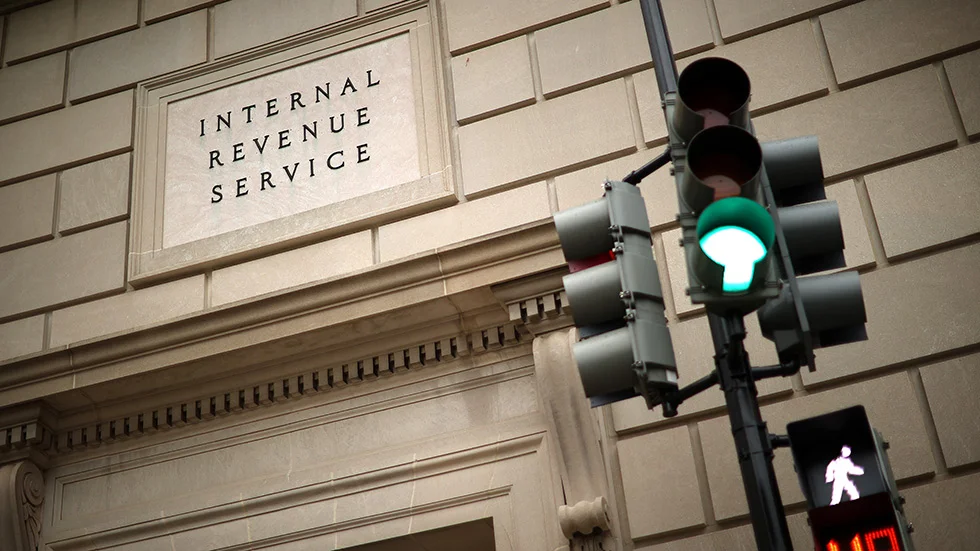October 14, 2021
The IRS will bring in much more revenue if Congress agrees to the Biden administration’s request to increase the agency’s budget over the next decade.
Will it increase the number of IRS audits? How is it going to affect your financial status?

Officers Reinforced
In a report issued recently, the Congressional Budget Office stated that the administration’s plan to raise IRS funding by $80 billion over the next decade would increase revenue by roughly $200 billion over the same time period. The majority of the funds, almost $60 billion, would go toward IRS enforcement efforts. Under this proposal, the IRS’s personnel would be more than doubled by 2031, and its budget would be 90% higher than it is now.
The IRS intends to increase hiring to replenish its personnel. Last year, the agency informed Congress that it has 33,000 fewer workers than it did a decade earlier.
IRS Commissioner Chuck Rettig told legislators that he intends to hire mid- and senior-level private-sector personnel who can “hit the ground running” and don’t require much training to come up to speed.
Rettig, on the other hand, cautions that the IRS’s lengthy recruiting and onboarding procedure makes it difficult to acquire in-demand personnel, and he is urging Congress to extend the agency’s direct hiring power.
In the agency’s study, CBO Director Phillip Swagel cautions that if the IRS is unable to acquire its preferred mix of experienced applicants, it will have to spend more resources to train less experienced personnel.
Digital Audits on the Horizon
Increased IRS expenditure would result in a rise in audit rates across the board for all income levels, but higher-income taxpayers would see the greatest increase in audits. In context, the CBO adds that this rise would return the audit rate to where it was ten years ago. President Joe Biden suggested investing $80 billion in the IRS as part of his infrastructure spending plan. The Senate contemplated putting $40 billion for the IRS in the $1 trillion bipartisan spending agreement at one time, but negotiators deleted that provision.
The IRS’s return on this huge investment is also affected by variables such as IT modernization, which the CBO does not account for in its forecasts. It discovered that modernized systems with entirely digital records on taxpayers might enhance the efficiency of tax examiners. In addition, the government proposes that financial institutions boost their data reporting to the IRS. CBO discovered that sharing data might help the IRS to be more focused in its audits, reducing the frequency of “no change” audits in which the IRS finds a taxpayer is not overdue on taxes owing.
The IRS funding boost would go toward establishing new information reporting systems to facilitate this data-sharing, although the savings would be calculated by the Joint Committee on Taxation staff. “Extended information reporting may enable the IRS to better target possibly non-compliant individuals; it may also encourage people to submit more accurate tax returns,” Swagel wrote.
“How will it affect me?”
Since more technically advanced IRS audits are likely to come in increasing numbers, you have to make sure that you submit accurate tax returns, including your mileage tax deduction. If you would like to make up for your shortcomings quickly with MileageWise’s IRS-Proof, Retrospective Mileage logs that are checked and corrected for 70 logical mistakes by a Built-In IRS Auditor, don’t hesitate to choose the wisest solution.



